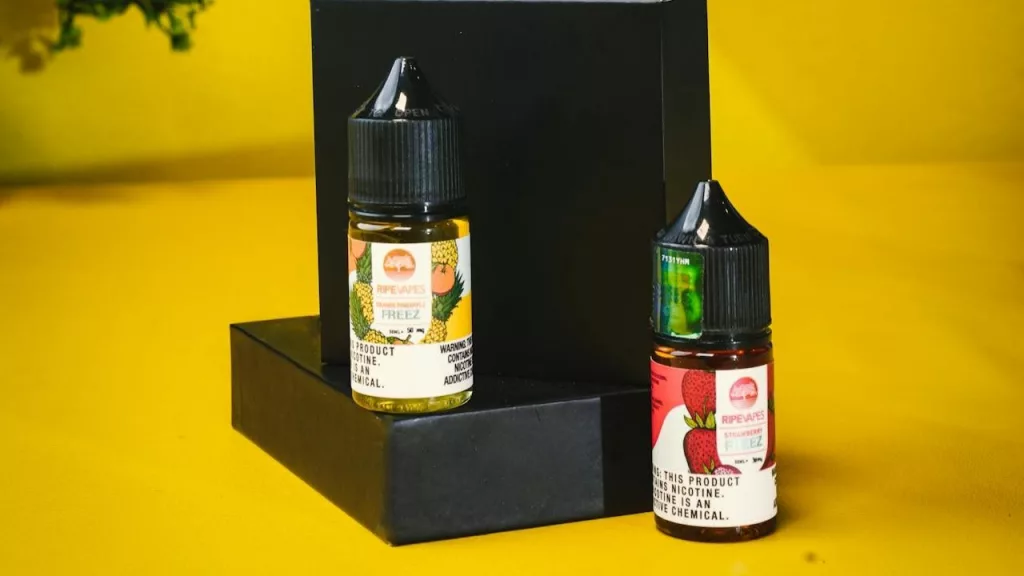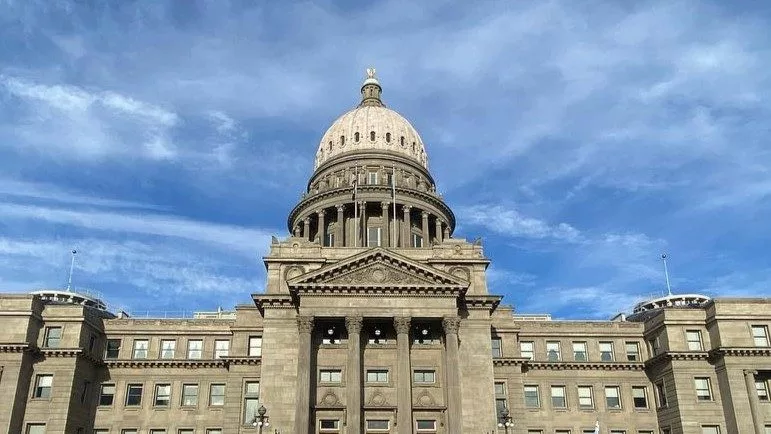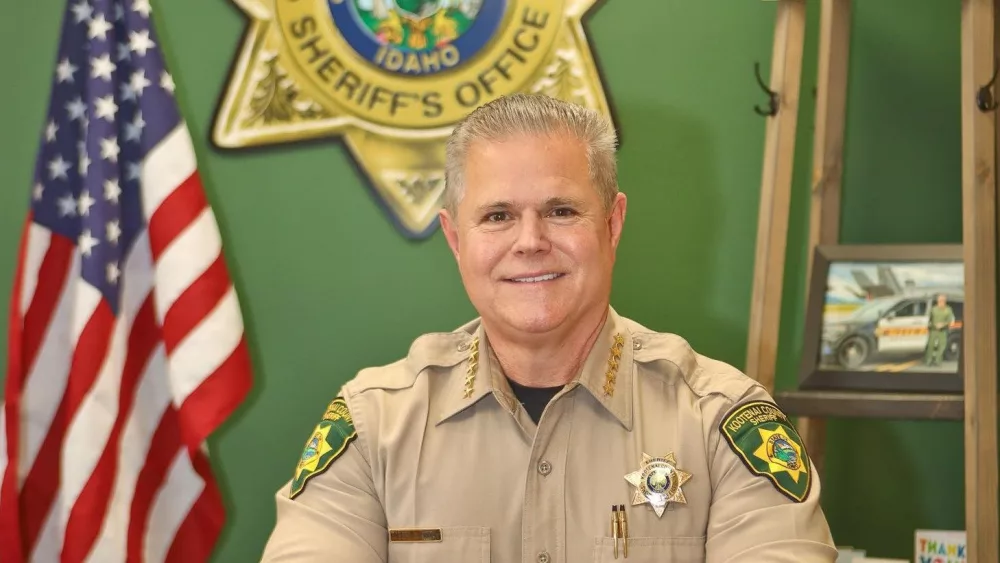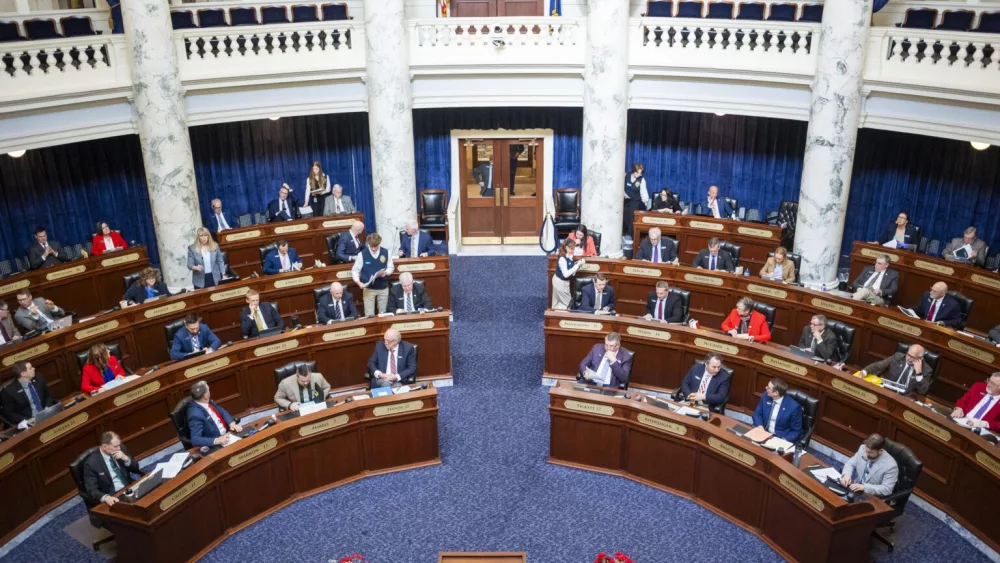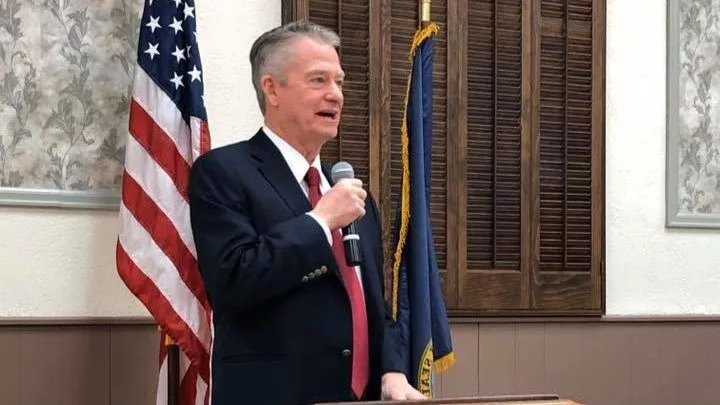OLYMPIA, WA – Democratic lawmakers have revamped their approach to banning flavored tobacco products in Washington.
In new bills filed Friday in the state House and Senate, the original prohibition on flavored vapes proposed early in the legislative session is combined with an increase in cigarette taxes. The measure’s sponsor in the House, Rep. Kristine Reeves, D-Federal Way, said she hopes it becomes part of the smorgasbord of revenue measures Democrats are eyeing to fill the looming budget deficit.
The new legislation, House Bill 2068, revives the ambitious and controversial prohibition that had made little progress in Olympia so far this year. Supporters hope it can curb youth smoking, as studies show middle and high school students overwhelmingly favor flavored options.
Andrew Estep, the campaign manager for Flavors Hook Kids Washington, calls the new plan a “holistic approach to bettering the health of Washington residents.”
Critics of such bans have argued they would lead to increased cigarette use as consumers look for alternatives. And people who’ve turned to electronic cigarettes to quit smoking traditional cigarettes would no longer have flavored options.
The ban on selling flavored e-cigarettes, also called vapes, and nicotine products, like menthol cigarettes, would begin July 1, 2027. The sale of nicotine pouches, like Zyn, to patrons under age 21 would also be prohibited.
The initial proposal, House Bill 1203, would have banned the products beginning 90 days after the legislative session ends. This new approach allows the state to continue earning sales tax revenue from the products amid a budget deficit as high as $16 billion over the next four years.
Flavored shisha, or hookah, tobacco would be exempt from the prohibition.
The bill also adds a $2-per-pack tax on cigarettes. That tax would rise with inflation. The first $5 million from the new tax would go toward preventing youth tobacco and vape use. The rest would go into the state’s general fund.
It also adjusts how vapor taxes are collected, adjusting the rate so it’s based on the product’s price instead of the volume of liquid. Advocates say this will increase revenue, with money going to the Andy Hill Cancer Research Endowment Fund, foundational public health services and the general fund.
Reeves said Friday that if the Legislature is going to further tax these products, it should go toward funding “the social outcomes we want.”
The tax provisions would take effect Jan. 1, 2026. The goal is to offset the lost sales tax revenue from the banned products.
Washington smokers already face one of the nation’s highest state cigarette taxes, totaling $3.77 between excise and sales taxes, according to the Campaign for Tobacco-Free Kids.
A separate cigarette tax proposal, also sponsored by Reeves, would increase the existing $3.03 excise tax on a 20-pack of cigarettes by 30 cents. For vape liquid, the tax on containers of 5 milliliters or more would go up a penny to 10 cents per milliliter, and the fee on other vapor products would rise three cents to 30 cents per milliliter.
The new legislation under consideration would also up the license fee for cigarette and vapor product distributors and retailers.
Businesses licensed to sell these products would be required to post signage noting the statewide ban. And the state Department of Health would run a campaign to build awareness about the harms of flavored tobacco products.
About half a dozen other states restrict flavored tobacco sales to varying degrees.
Since the proposal would bring in new tax revenue, it is considered “necessary to implement the budget” and so is immune from deadlines that have already killed numerous bills this session.
Sen. Noel Frame, the leading Democratic voice on new revenue this year, said the bill is intriguing not just because it generates money for the state but because “it’s good public policy.”
Reeves expects the bill to get a hearing from the House Finance Committee in the next couple weeks. If it doesn’t make it to the finish line this session, she sees the legislation as laying the groundwork for progress in 2026.
Washington State Standard is part of States Newsroom, a nonprofit news network supported by grants and a coalition of donors as a 501c(3) public charity. Washington State Standard maintains editorial independence. Contact Editor Bill Lucia for questions: info@washingtonstatestandard.com.

